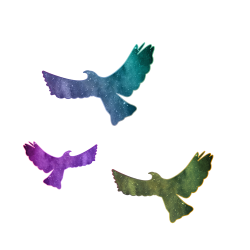Kaamotaan (Reconciliation) –
Cleansing as Healing
Courtney Alexandra Fox
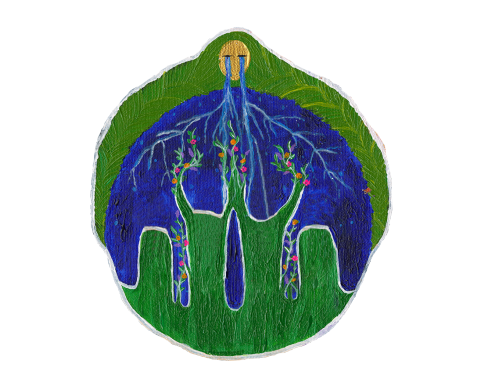
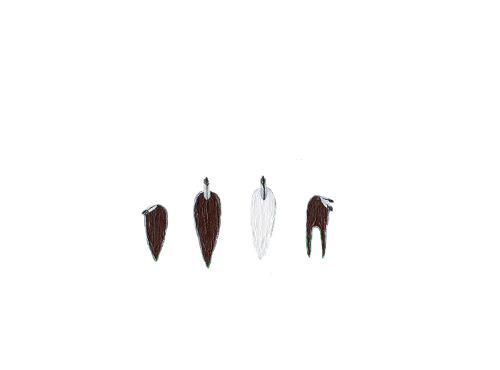
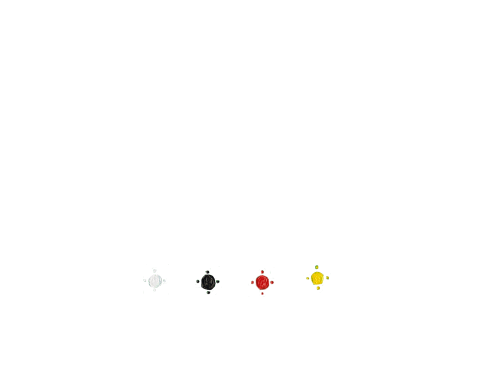
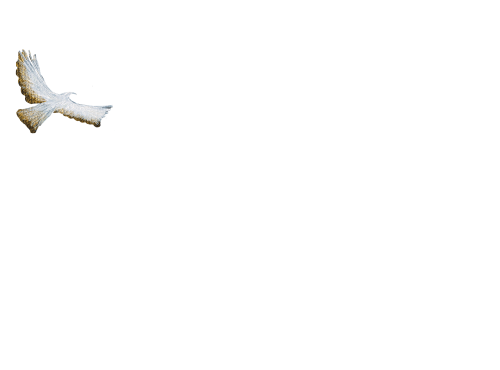

Kaamotaan (Reconciliation) –
Cleansing as Healing
Courtney Alexandra Fox
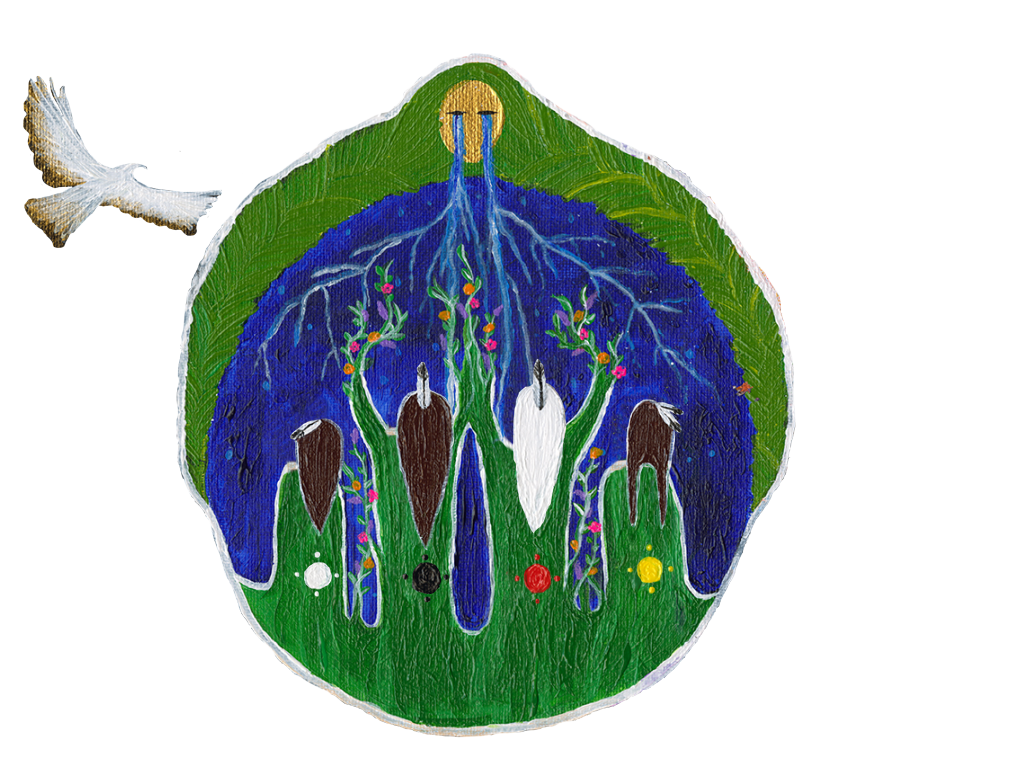

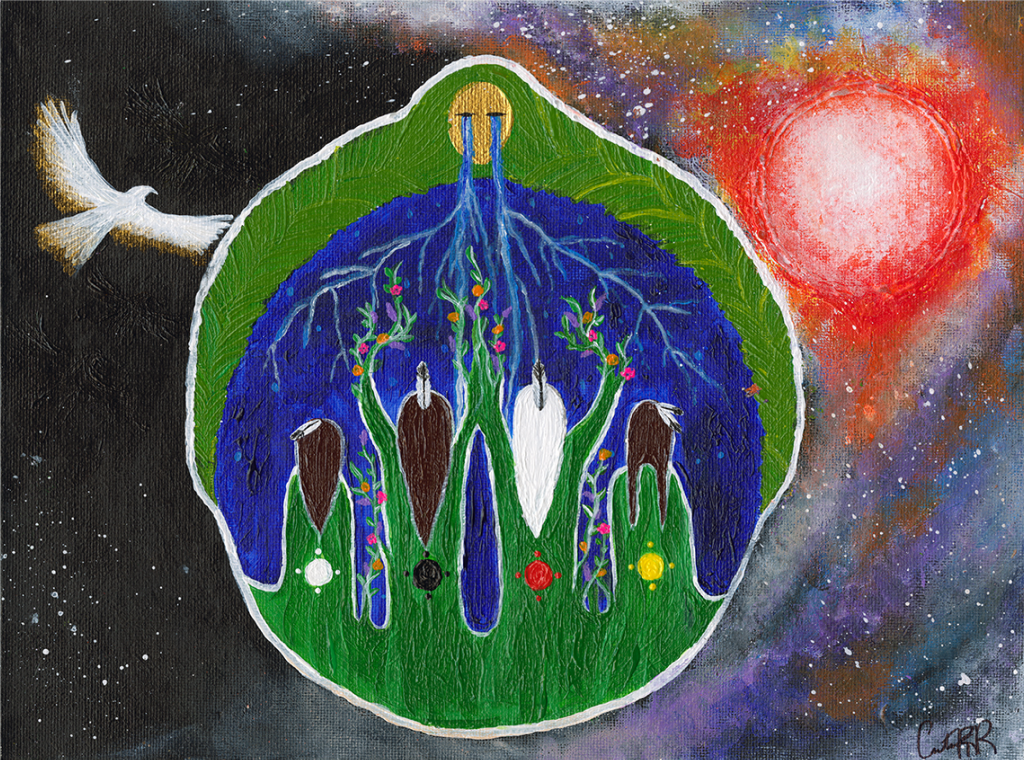
Kaamotaan (Reconciliation) –
Cleansing as Healing
Courtney Alexandra Fox
Calls to Action
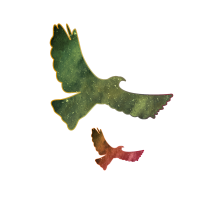
Health Calls to Action #18-24
The Truth and Reconciliation Commission (TRC) was formed to address and reckon with the horrific legacy of forced assimilation and abuses brought on Indigenous Peoples by the residential school system. The TRC’s Final Report contained 94 Calls to Action that Canada must take for Truth and Reconciliation. The Final Report is a testament to the courage of each survivor and family member who shared their story, which continue to resonate today seven years after the Report’s release.
The Truth and Reconciliation Commission (TRC) was formed to address and reckon with the horrific legacy of forced assimilation and abuses brought on Indigenous Peoples by the residential school system. The TRC’s Final Report contained 94 Calls to Action that Canada must take for Truth and Reconciliation. The Final Report is a testament to the courage of each survivor and family member who shared their story, which continue to resonate today seven years after the Report’s release.
Health Calls to Action #18-24
The Truth and Reconciliation Commission (TRC) was formed to address and reckon with the horrific legacy of forced assimilation and abuses brought on Indigenous Peoples by the residential school system. The TRC’s Final Report contained 94 Calls to Action that Canada must take for Truth and Reconciliation. The Final Report is a testament to the courage of each survivor and family member who shared their story, which continue to resonate today seven years after the Report’s release.
Reconciliation
Reconciliation
“It is a big word, reconciliation. Quite simply, it means to create harmony. You create harmony with truth and you build truth out of humility. That is spiritual. That is truth. That is Indian. Within us, as nations of Aboriginal people and as individual members of those nations, we have an incredible capacity for survival, endurance, and forgiveness. In the reconciliation with ourselves first, we find the ability to create harmony with others, and that is where it must start—in the fertile soil of our own hearts, minds, and spirits. That, too, is Indian.”
(Wagamese, 2012, pp. 164–165)

The Truth and Reconciliation Commission Calls to Action are a starting point to guide the arthritis community that numbers 6 million-plus in Canada. Calls to Action #18 to 24 are specifically related to Indigenous Peoples’ health.
-
- We call upon the federal, provincial, territorial, and Aboriginal governments to acknowledge that the current state of Aboriginal health in Canada is a direct result of previous Canadian government policies, including residential schools, and to recognize and implement the health-care rights of Aboriginal people as identified in international law, constitutional law, and under the Treaties.
-
- We call upon the federal government, in consultation with Aboriginal peoples, to establish measurable goals to identify and close the gaps in health outcomes between Aboriginal and non-Aboriginal communities, and to publish annual progress reports and assess long-term trends. Such efforts would focus on indicators such as: infant mortality, maternal health, suicide, mental health, addictions, life expectancy, birth rates, infant and child health issues, chronic diseases, illness and injury incidence, and the availability of appropriate health services.
-
- In order to address the jurisdictional disputes concerning Aboriginal people who do not reside on reserves, we call upon the federal government to recognize, respect, and address the distinct health needs of the Métis, Inuit, and off-reserve Aboriginal peoples.
-
- We call upon the federal government to provide sustainable funding for existing and new Aboriginal healing centres to address the physical, mental, emotional, and spiritual harms caused by residential schools, and to ensure that the funding of healing centres in Nunavut and the Northwest Territories is a priority.
-
- We call upon those who can effect change within the Canadian health-care system to recognize the value of Aboriginal healing practices and use them in the treatment of Aboriginal patients in collaboration with Aboriginal healers and Elders where requested by Aboriginal patients.
-
- We call upon all levels of government to: Increase the number of Aboriginal professionals working in the health-care field. ii. Ensure the retention of Aboriginal health-care providers in Aboriginal communities. iii. Provide cultural competency training for all healthcare professionals.
-
- We call upon medical and nursing schools in Canada to require all students to take a course dealing with Aboriginal health issues, including the history and legacy of residential schools, the United Nations Declaration on the Rights of Indigenous Peoples, Treaties and Aboriginal rights, and Indigenous teachings and practices. This will require skills-based training in intercultural competency, conflict resolution, human rights, and anti-racism.

The Truth and Reconciliation Commission Calls to-Action #18-24 are a starting point to guide our arthritis community that numbers 6 million-plus in Canada. Specifically, if we work and act together on Call to Action #22, we can more meaningfully contribute to efforts towards “Reconcili-ACTION” and the design and delivery of healthcare that is aligned with Indigenous approaches to health and wellness.
Arthritis community leaders in Canada have created an Arthritis Community Learning Circle focused on Call to Action #22 that requires us – those who can effect change within the Canadian healthcare system – to recognize the value of Indigenous healing practices and use them in the treatment of Indigenous patients. Bridging academic/institutional medical practice with Indigenous healing practices and beliefs – the merging of two worldviews – will facilitate bringing together non-Indigenous health care systems and Indigenous Peoples’ paths in unity, equity and harmony and begin to address harmful gaps in arthritis models of care.
Status / Progress to date
Status/Progress to date
- Learn how the Government of Canada is responding to the Truth and Reconciliation Commission's Calls to Action 18 to 24
- Yellowhead Institute: Calls to Action Accountability: A 2022 Status Update on Reconciliation
- Indigenous Watchdog: How many of the TRC Calls to Action are complete?
- Reconciliation Education: What are the Truth & Reconciliation Commission's 94 Calls to Action & How Are We Working Toward Achieving Them Today?
